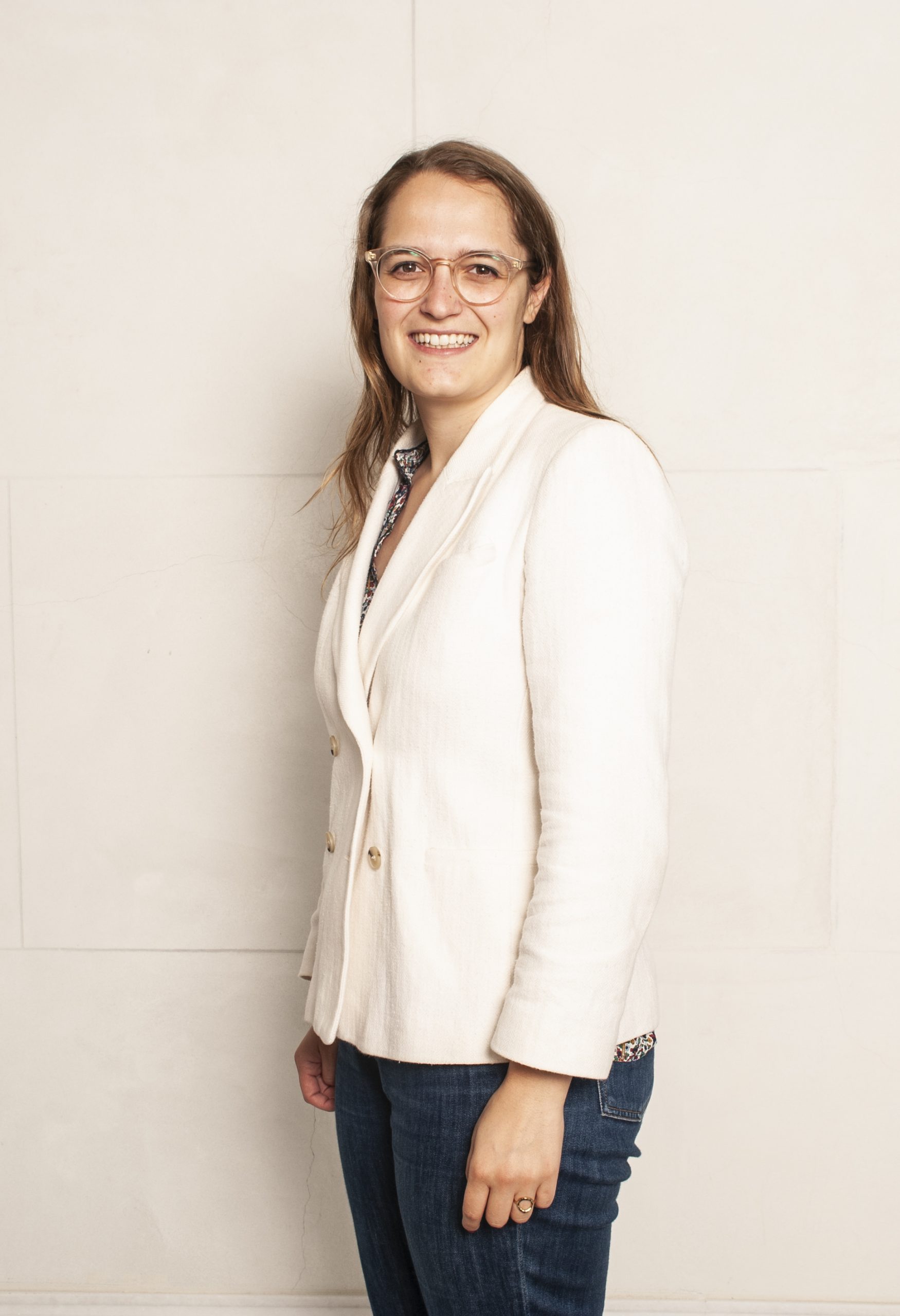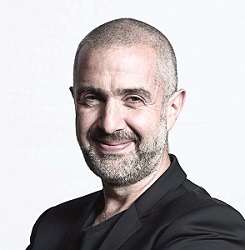Work
New learning needs in the future of work

In the future of work, lifelong learning will be an obligation for professionals who want to develop their professional careers.
Lifelong learning will become the norm. First, people must be willing to keep abreast of new developments and grow professionally, and enterprises and public administrations have a duty to promote corporate and national talent.
The ability to learn new things will be paramount. In the words of the Bankinter Innovation Foundation trustee and worldwide expert in secondary education, Dr. Wilfried R. Vanhonacker, the educational model must pivot from teaching knowledge to active learning.
Besides, the youth must be prepared for a labor market radically different to the current market.
In other words, future occupations will require (besides strong digital skills) interpersonal skills, creativity and versatility.
What type of education can prepare us for this new work life?
There is a huge gap between university training and what companies demand. So, says Svenia Busson, founder of the innovation hub in education LearnSpace and the think tankEdtech Tours, and author of the book “Exploring the Future of Education“.
Svenia, after traveling 19 countries across 5 continents, has identified the most innovative education initiatives that best prepare young people for the future of work.
Her Future Trends Forum talk unveils inspiring examples that show where pedagogical innovation is heading to prepare young people for the new labor market:
Besides, as pointed out by expert Jeff Selingo, the learning paradigm must shift.
- Up until now, learning is defined for a certain age group (young people), in a particular location (school or college campus), for a certain period of time.
- From now on, we must define learning for all age groups, taught in hybrid models (in-person and online) over a lifetime.
Regarding learning in general and for professionals in particular, our expert Alper Utku, President of the European Leadership University, opened our bewildered eyes to what we need to face and overcome: we are at a point where we must find out how to acquire skills we did not know we needed, for work we did not know would come to be.
According to this expert, 50% of the workforce needs to update both their digital and social skills. All professionals will need to be “data scientists” and, in addition, reinforce the previously mentioned 10 social skills pointed out by the WEF. Education must be reinvented in order to acquire and perfect such skills from early childhood and throughout life.
Regarding the need to acquire new skills or reinforce existing ones in the workforce, Alper affirms that learning should not only be individual and cognitive, but also social and experiential. He also states that spaces for such purpose should be created, and organizational culture should be put first.
Culture first, digital second.
Alper Utku about corporate learning










